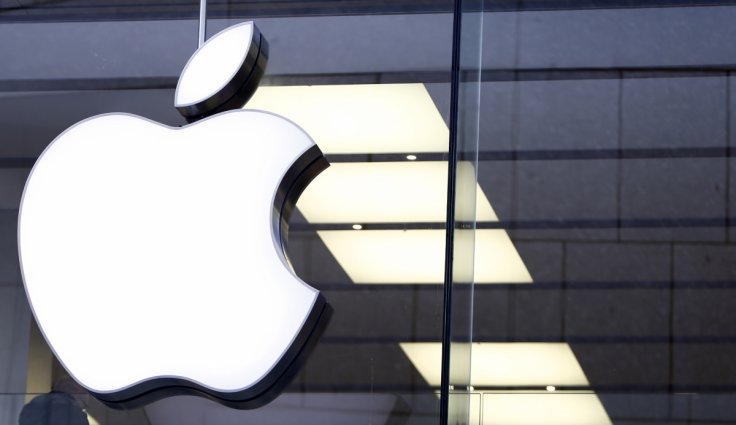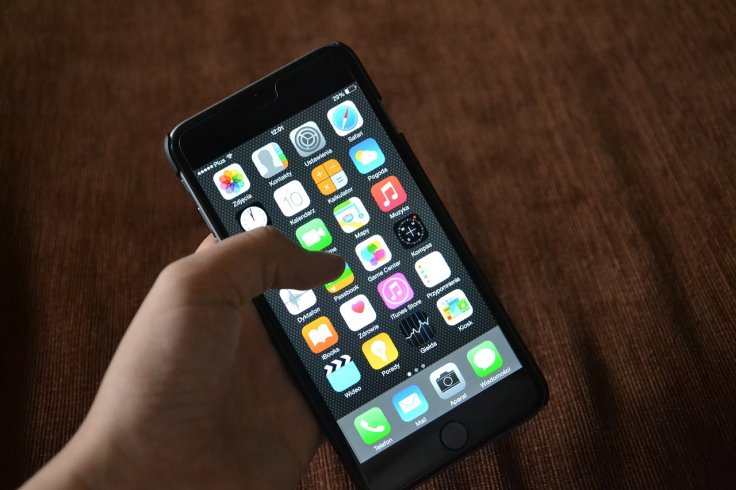The fate of Apple's iPhone hangs in the balance as Russia recently passed a bill forcing tech companies to sell smartphones with Russian apps and software.
Russia's 'Law against Apple'

Last month, Russian President approved legislation that bans the sale of products that are not pre-installed with government-approved Russian-made apps in a bid to promote local technology and ease of use for people in the country, as we previously reported.
Companies that do not abide by the law will be penalized and forced to cough up a hefty fine for every violation. The new rule will come into effect in July 2020 and is not only restricted to smartphones but also covers tablets, computers and smart TVs. However, this move has been dubbed by many as Russia's "Law against Apple" because of the fact that Apple has already refused to sell products installed with third-party apps.
Apple's stand on third-party apps

Experts believe Russia's new law will force major western tech giants like Apple out of the country. Moreover, the American multinational technology company has already threatened to withdraw its products from the Russian market if it introduced a ban on selling its products without Russian apps, according to local media outlets.
Firstly, it would be physically impossible for Apple to install Russia-made software and apps on every device intended for sale in that market. Secondly, Apple's stand on third-party apps is very clear and for good reason. The tech giant wouldn't want to compromise on security by adding third-party apps to its devices.
"A mandate to add third-party applications to Apple's ecosystem would be equivalent to jailbreaking. It would pose a security threat, and the company cannot tolerate that kind of risk," a source from Apple told the Kommersant business daily.
People have also raised concerns that the legislation could be a way to force users into installing apps that allows the government to spy on them. Apps that are pre-loaded on devices because of the law would quite likely skip Apple's vetting process, which it does with its App Store submissions. Therefore, there would be no way for users to know whether or not the apps include state-supported spyware.
It remains to be known whether Apple will pull out of Russia or buckle under pressure from the local government as it did recently by showing the disputed Crimean peninsula as a Russian territory on Apple Maps after complaints from the Russian government – a move that angered Ukrainians and led to a social media campaign to boycott Apple products using the hashtag #CrimeaIsUkraine.









